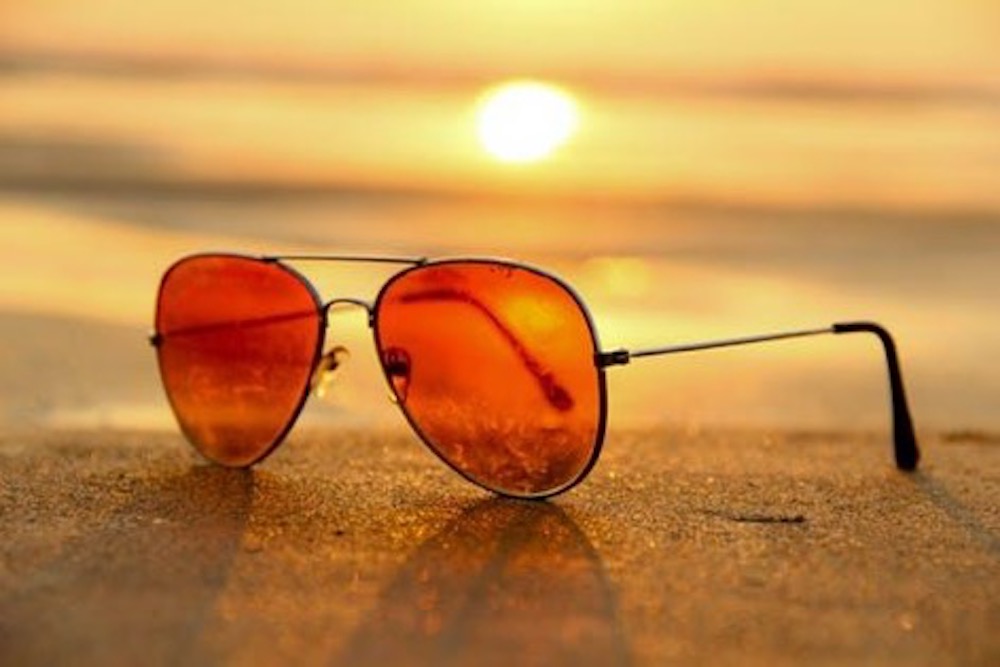
It’s that time. The time of sweltering temperatures. Of icy lemonades. Of kids frolicking in sprinklers. Of outrageous air-conditioning bills.
It’s summer.
And it’s time to beat the heat.
For most seniors, keeping cool isn’t just about comfort, it’s about health. Due to age-related changes in metabolic processes, chronic medical conditions, or the use of prescription medications that adversely affect the body’s ability to regulate its temperature, seniors typically do not adapt as easily to extreme temperature fluctuations as do their younger peers.
For these reasons, seniors are particularly vulnerable to heat stress, or other more serious heat-induced health conditions, and should take precautions accordingly.
An ounce of prevention is worth a pound of cure, so avoiding becoming overheated in the first place should be the first line of defense against heat stress. For seniors who have both “a will and a way,” a heat wave can signal a great opportunity to pack up and head for a cooler climate until temperatures once more become hospitable.
For seniors who, by choice or necessity, ride out a particularly scorching period, the more obvious solution to heat stress is to stay inside in a temperature-controlled environment or, if there’s a compelling reason to be outside, wear light, loose-fitting clothing, seek shade, and stay hydrated.
Adequate hydration is especially critical in preventing heat-induced conditions, and seniors should be familiar with the most common symptoms of dehydration as indicating an immediate need for fluid consumption. These symptoms include:
- Thirst
- Fatigue
- Lightheadedness
- Dizziness
- Confusion
- Dry mouth and mucous membranes
- Increased heart and respiration rate
Heat-induced conditions run from mild to severe, with heat stroke (sometimes called heat exhaustion) being life-threatening and constituting a medical emergency. Heat stroke occurs when the body’s capacity to cool itself fails, causing internal body temperatures to become dangerously high. Heat stroke can present with a rapid or gradual onset, and is often accompanied by heavy sweating, dizziness, fatigue, nausea, headache, muscle cramps, and fainting.
Additional symptoms include skin with goosebumps that is cool to the touch (since heat is being concentrated internally at the body’s core rather than dissipating through the skin), weak and rapid pulse, and low blood pressure (“head rush”) upon standing.
For seniors who are short on financial resources and lack air-conditioning or who can’t afford to repair an existing unit, extreme heat is particularly problematic. Though many areas of the U.S. have public assistance programs that directly address this need, in other areas seniors are left without the support to ensure that neither their comfort nor their health is compromised by extreme heat.
If you or a senior you care about are experiencing this problem or struggling with quality-of-life expenses or urgent care needs that exceed existing financial resources, a life settlement may be an option.
A life settlement enables a senior to liquidate their life insurance policy by selling it to a licensed buyer (through a broker to independently represent them), for more than the policy's cash surrender value but less than the net death benefit. Under certain conditions, this may be a best-case scenario in freeing up funds to ensure that a senior’s needs can be adequately met while they’re still living.
If you’re struggling with how best to meet your needs and secure your financial future, Ashar Group can be part of the process of determining whether unlocking the cash value of a life insurance policy makes sense for your situation. We’re secondary market and valuation specialists whose advisors adhere to the strictest of ethical standards, and we invite you to contact us today.
